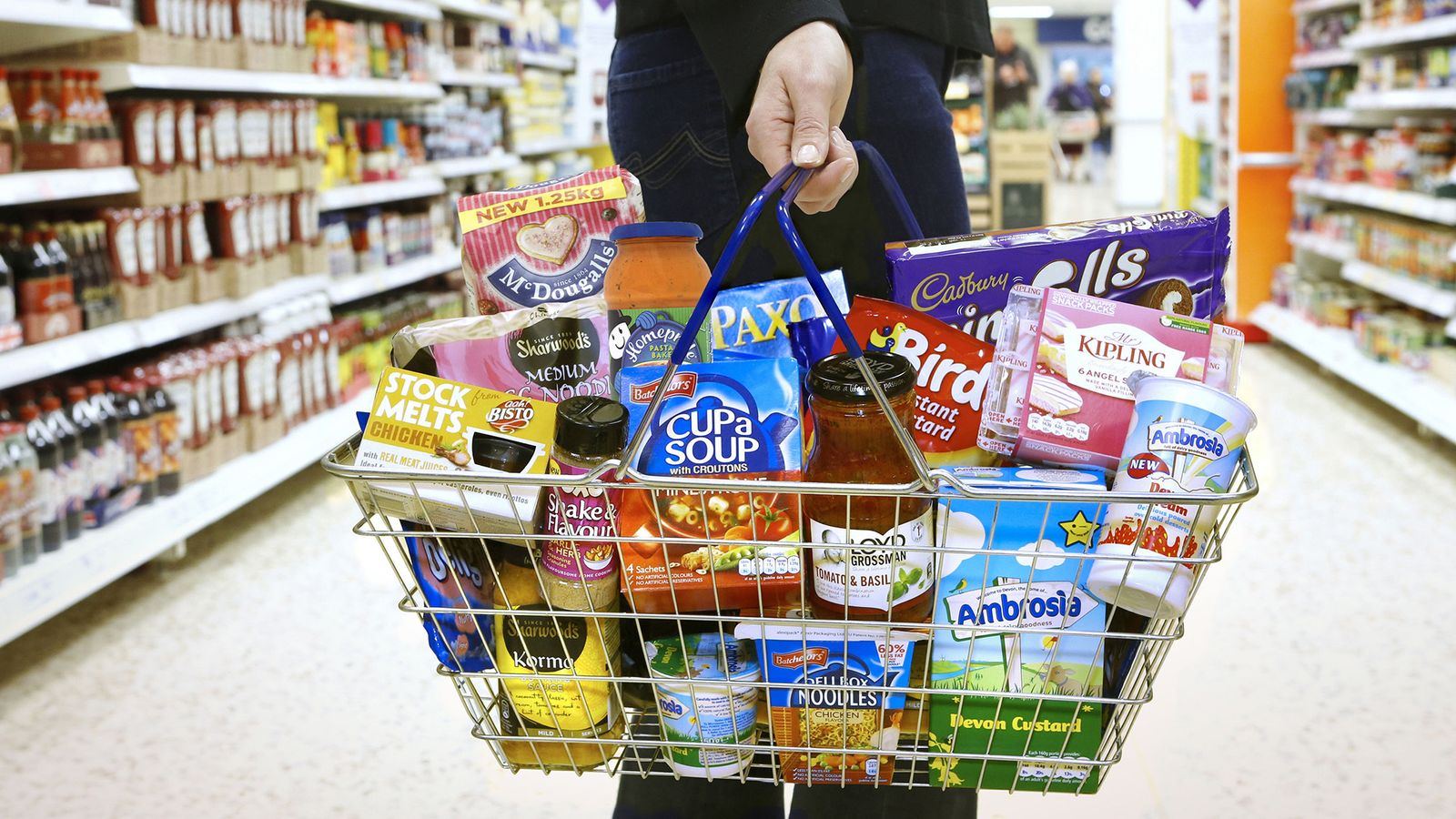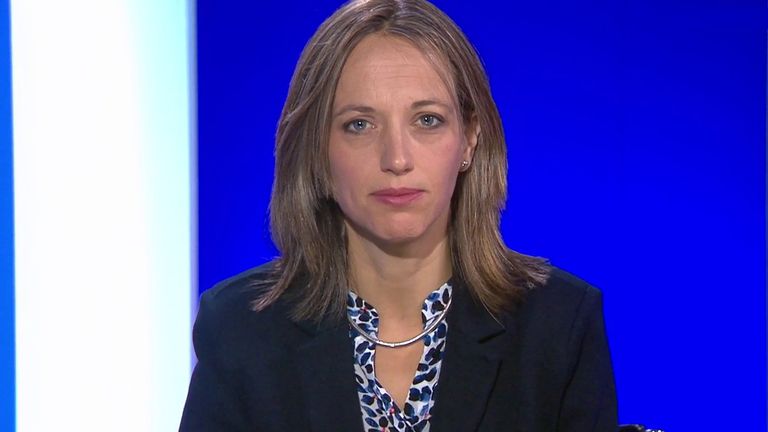Subsidies for healthy food, plain packaging for unhealthy food, and more research into meat alternatives could help the UK’s obesity crisis, according to a new report.
The report – Turning The Tables – by social policy think-tank Demos, found that too many people face “significant barriers to eating healthy diets”.
It estimated that, before lockdown, 20 million people could not afford healthy food and 19 million people struggle to find healthy food in stores near their homes.
Rose Lasko-Skinner, one of Demos’s lead researchers, said: “Ultimately that means people are going in to a shop and really struggling to come out with something that is both healthy and affordable.”
The report recommended:
- A government fund for the development of lab-grown meat or meat alternatives
- Subsidising healthy foods that are already low in price, such as tinned tomatoes, carrots, and frozen vegetables to make healthy options much cheaper
- More government support for fast-food restaurants to move towards healthier foods rather than getting rid of them
- The government should make high fat, high sugar and high salt food less appealing to customers by working with the Food Standards Agency (FSA) to change the packaging similar to the changes made to tobacco packaging
The government has estimated that two-thirds of UK adults are above a healthy weight, with 36% overweight and 28% obese. One in three children aged 10 and 11 are overweight or obese, and children living with obesity are five times more likely to become obese adults.
It is estimated that overweight and obesity-related conditions cost the NHS more than £6bn each year and there were nearly 900,000 obesity-related hospital admissions in 2018/19, with obesity a risk factor for chronic diseases including type 2 diabetes, some cancers, liver and respiratory disease.
A government spokesperson said: “We recently launched a world-leading obesity strategy to make the healthy choice the easy choice for families and help reduce obesity rates. It builds on existing progress, including the voluntary sugar reduction programme and wider reformulation programme with industry which resulted in a 2.9% reduction in average sugar across retail products in its first two years.
“Our Healthy Start scheme already supports pregnant women and young children from lower income families to access free fruit, vegetables, milk and vitamins to support a healthy lifestyle.”
Zoe McIntyre, project manager for the Food Foundation’s Right2Food campaign, said: “We’ve seen some really important government announcements recently, for example a new obesity strategy in July around making healthy food more affordable, which is a great start.
“But for some low-income families, healthy food still remains unaffordable. At the same time, during COVID-19 we’ve seen the spotlight on poor diets and how they’re really affecting the nation. And these are issues that need to be addressed immediately.”
Last month, the government launched its “Better Health” campaign, offering advice to 35 million people on how to lose weight and keep it off, supported by a 12-week plan, which will be seen as an attempt to put the country on a diet.
Other measures in the government’s anti-obesity crackdown are expected to include:
- A ban on junk food advertising on TV until after the 9pm watershed
- Outlawing online advertising of unhealthy food
- A ban on buy-one-get-one-free promotions on food such as chocolate and crisps
- Calories published on alcohol bottles and cans and restaurant and takeaway menus



